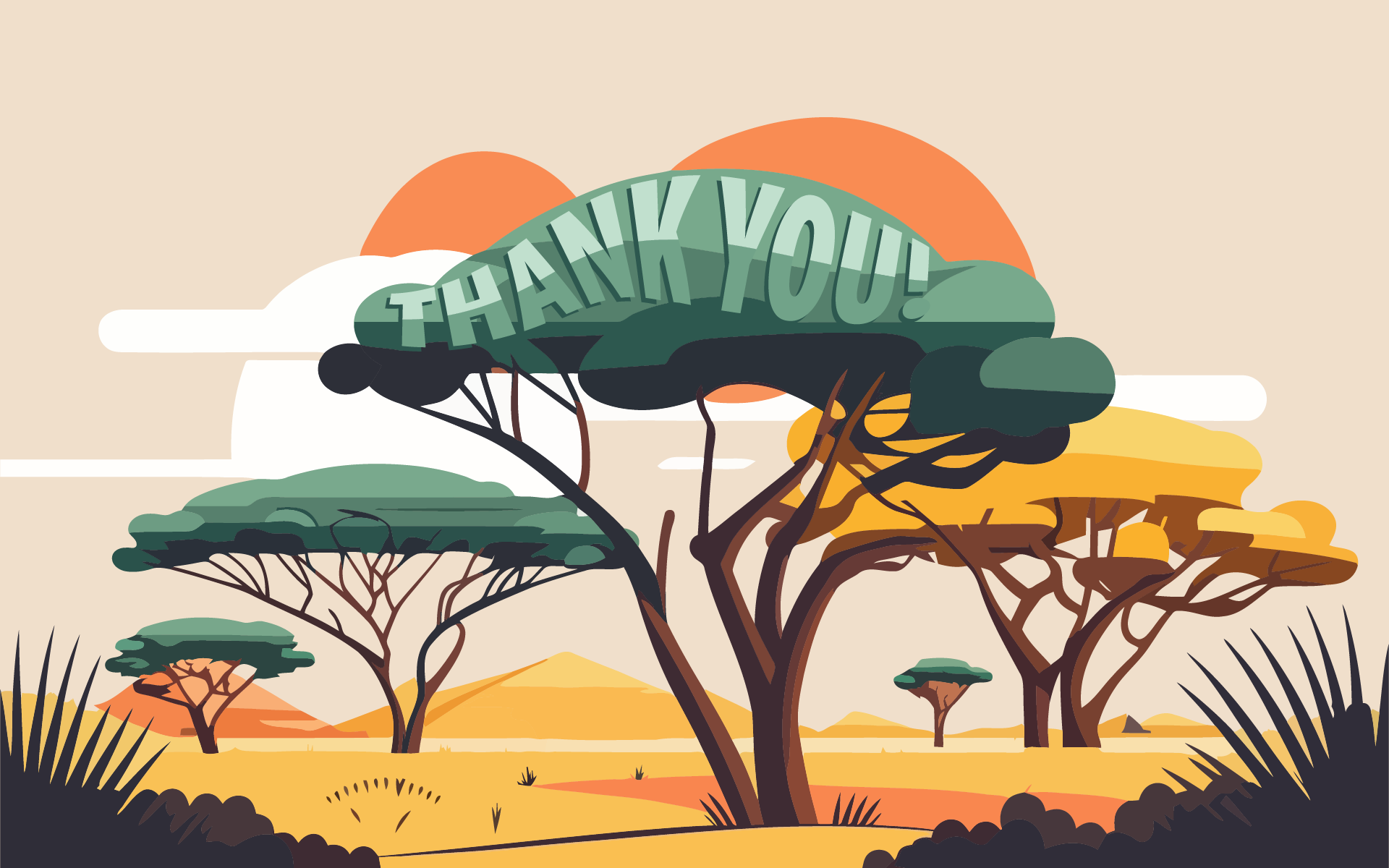The day I said thank you to a wild acacia tree

Trees are living, intelligent beings with lessons to teach our species.
In February 2020, I started my post graduate diploma in Sustainable Development at Stellenbosch University. The first module entailed two weeks of learning, unlearning, reckoning, reflecting, and connecting.
Each day, I carpooled with classmates to Lynedoch Eco Village, a sustainable-living community outside the town.
After some labour around the village, we would sit through intensive lectures. By the end of the day, in the relentless summer heat, our brains and bodies would be both exhausted and refreshed.
Our final day was a blisteringly hot Saturday. We finished group presentations and broke for lunch.
But I wasn’t hungry. I wanted a moment of quiet.
I wandered into the community garden. A male pin-tailed whydah zoomed overhead, flapping and chirping. Aside from him and the bugs, I was the only creature in the garden.
I collapsed in the shade of an unassuming acacia tree.
The cooling breeze swooped from the palm trees. It carried with it notes of watered lettuce and beetroot.
The grass and dirt pushed against my spine, creating a supportive deep-pressure sensation.
I imagined all the people who had chosen this tree’s company in its life. I would never know them, but we had shared this tree.
I imagined all the little critters in and above the soil, ploughing away. They surely mattered more to this tree than I or any human did.
I imagined the tree’s roots, intertwined with networks of fungi, splitting and twisting into the earth.
After a meditative hour to cool down and centre myself, I sat up and said thank you to the tree. It seemed only polite. Plants can hear us, after all. Science indicates that they even like it when we talk to them.
More recently, I have been reading The Hidden Life of Trees, by Peter Wohlleben. The book has forever changed how I see trees.
Trees are not decorative objects for our enjoyment. They are living beings. They exhibit agency and intelligence. They care for their own.
For example, beeches merge their root systems to support one another, so much so that they can keep a stump alive for centuries.
“A tree is only as strong as the forest around it,” writes Wohlleben.
Trees are aware of their surroundings. Acacias warn their family when a giraffe starts nibbling on one of their own. They release a scent, which somehow the nearby acacias recognise as an alarm.
The trees then produce a bitter toxin in their leaves, and the giraffe must move on to a new cluster of acacias.
Trees also have behavioural norms. Trees of the same species can have very different resource use patterns, depending on how abundant resources are to them. Those more practiced in resource conservation are more likely to survive droughts than their spoiled cousins.
And trees are wise. A Swedish spruce named Old Tjikko has a root system which is over 9,500 years old, with a trunk that dies and regrows every six or so centuries.
We will almost certainly never be able to comprehend what these ancient roots know. But no one can convince me that a living being so old does not hold wisdom.
We humans are increasingly surrounded by dead things, because dead things are the easiest to control. For just one example, we take the compressed remains of prehistoric organisms and turn it into everything from petrol for our cars to the clothes we wear.
Given that humans have a tendency toward radical tool use, of course we have made the world around us deader.
Given this, we sometimes forget that mute, slow-moving things like trees are also alive. We know, logically, that they are, because they grow and reproduce.
But it can be challenging to feel that they are alive. I’m working towards becoming better at this.
I am spending time with trees, learning how to identify them, and reading up about their specific tree cultures.
It’s a step towards thinning this man-made barrier between myself and the earth.
While we humans matter little to trees – if anything, they would thrive in our absence – they matter immensely to our survival.
The least we can do is to acknowledge their aliveness.




